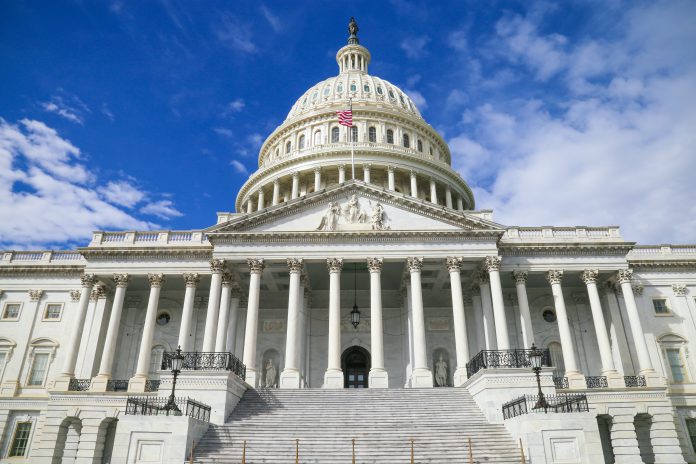Four individuals have been charged with conspiring to deceive banks and credit card companies to process over $150m in fraudulent payments.
The US’ Department of Justice claims the four people hoped to get the banks process $150m in credit and debit card payments on behalf of merchants involved in prohibited and high-risk businesses. This includes online gambling, debt collection, debt reduction prescription drugs and payday lending, according to an indictment unsealed in Boston.
Three of the individuals have been arrested, but the fourth defendant is yet to be arrested and is a fugitive on separate federal charges, it said.
The court documents claim Ahmad “Andy” Khawaja, Thomas Wells, Mohammad “Moe” Diab and Amy Ringler Rountree were charged on conspiracy to commit wire fraud and conspiracy to commit bank fraud.
The Department of justice claims executives of Allied Wallet, a payment processing company based in Los Angeles has secured payment processing for high-risk businesses through fraudulent misrepresentations about merchant clients. Khawaja served as owner and CEO, Diab served as the COO and Rountree served as vice president of operations, it said.
Allied Wallet provided services enabling merchant clients to accept debit and credit card payments over global electronic payment networks run by card brands, including Visa, Mastercard, American Express and Discover, it said. The company acted as an intermediary between its merchant clients and financial institution members of the card brand networks.
Wells, through his company Priority Payout, introduced merchant clients seeking payment processing to Allied Wallet.
The indictment alleges the defendants and others engaged in a scheme to defraud multiple financial institutions, the card brands and others, by inducing them to provide payment processing services to merchants engaged in prohibited or high-risk transactions, and to merchants that were terminated for fraud, chargeback and other compliance concerns through knowingly misrepresenting the types of transactions that merchants were processing and the true identities of the merchants, it said.
The Department of Justice alleges it accomplished the scheme via shell companies, fake websites that claimed to sell low-risk retail and home goods, and industry standard codes that miscategorised true nature of transactions. It also claims the defendants and co-conspirators fraudulently obtained $150m through over 100 sham merchants.
Copyright © 2021 FinTech Global











